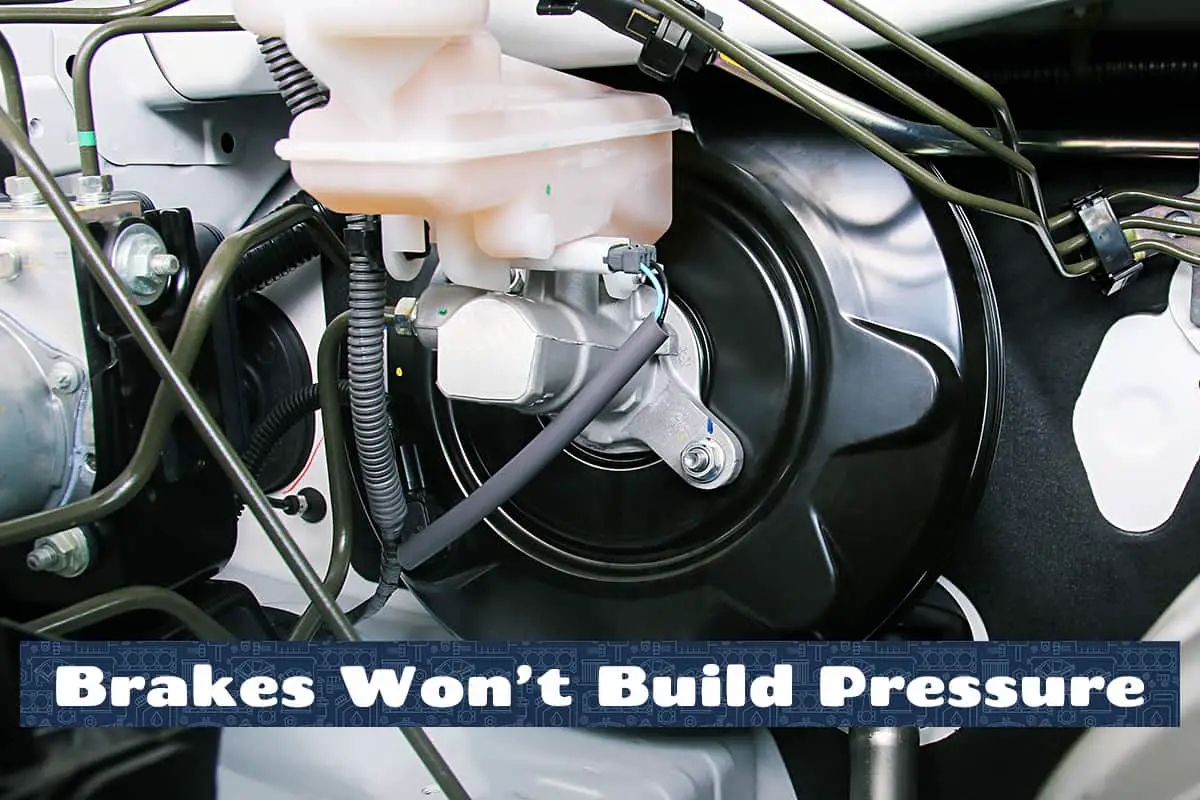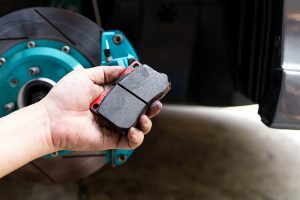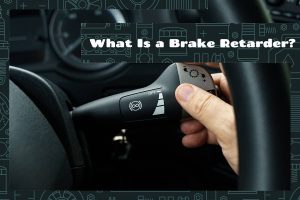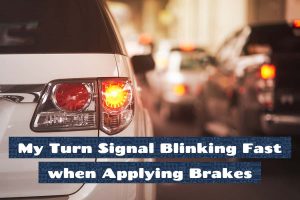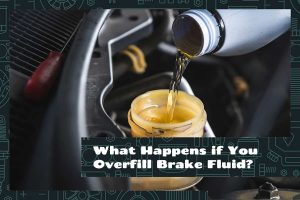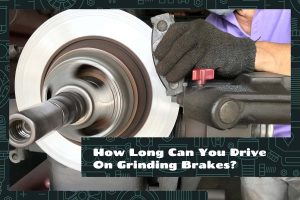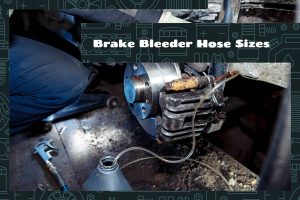Brakes are responsible for slowing down and stopping your car safely. When your brakes fail to build pressure, you’re faced with a serious issue that compromises your ability to control the vehicle’s speed. This is a safety hazard that needs your utmost attention.
Air in the brake lines, worn-out brake pads, leaky brake fluid, damaged brake lines, a failing master cylinder, or problematic calipers could be causing your brakes to lose pressure. To address this, you might need to bleed the brakes, replace pads or parts, or consult a mechanic for a comprehensive repair.
This guide will further explain why your car’s brakes won’t build pressure. We will go over common causes and repair options to help you be on your marry way.
What Is Brake Pressure?
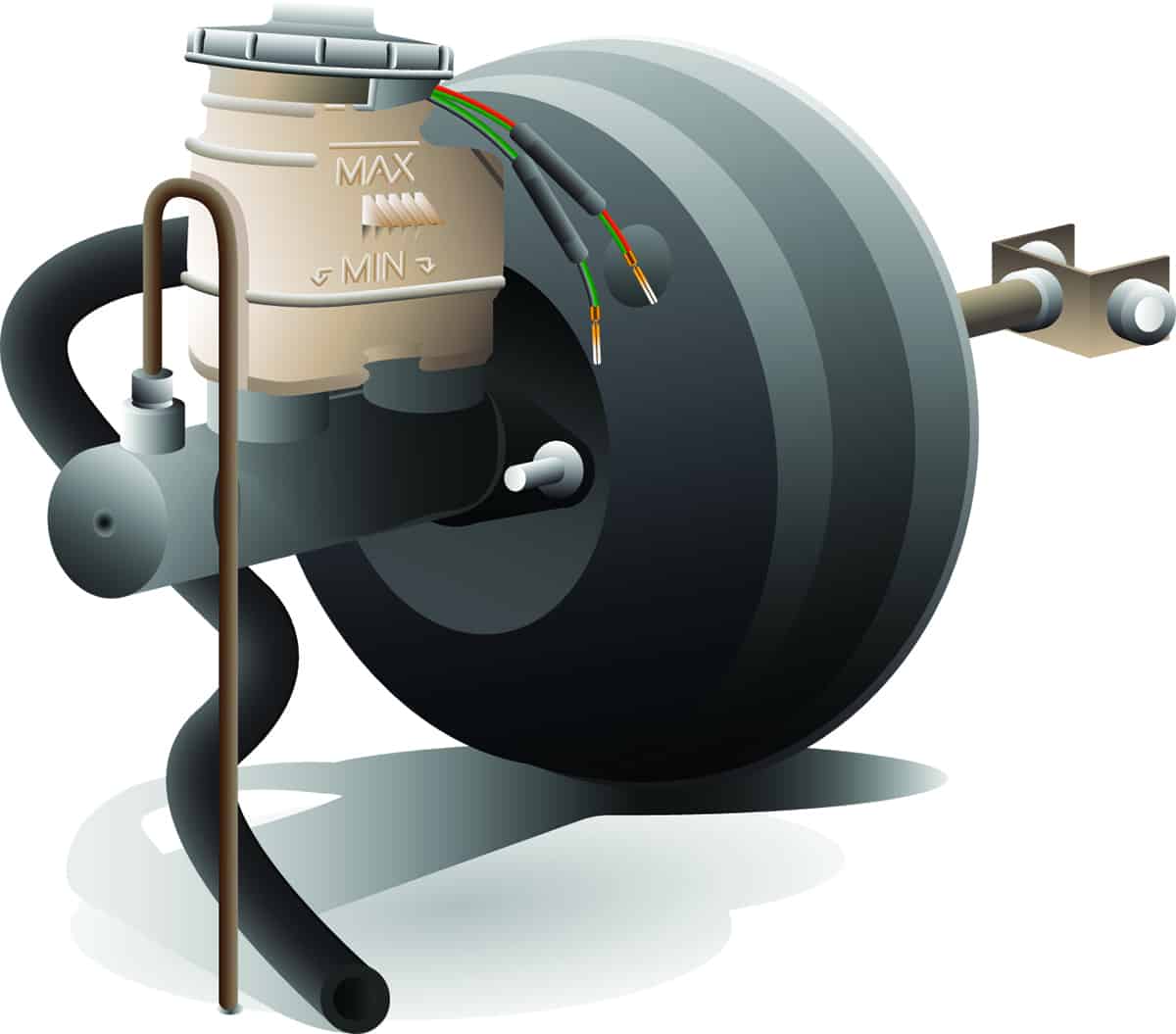
Brake pressure is about controlling your vehicle in a stable manner. Inconsistent or low brake pressure can lead to unpredictable stopping distances, making driving hazardous. For effective braking, you need optimal brake pressure to engage the brake pads fully against the rotors or drums.
The brake pedal connects to a master cylinder, a small reservoir filled with brake fluid. Pressing the pedal pushes a piston in the master cylinder, generating pressure in the fluid. This pressure travels through brake lines to your car’s wheels, engaging the brake pads or shoes. Good brake pressure means quick, reliable stopping, while poor brake pressure means the opposite.
Symptoms of Poor Brake Pressure
Signs of poor brake pressure signal that you should inspect or repair your brake system promptly.
1. Soft or Spongy Brake Pedal
If you find yourself pressing the brake pedal further down than usual to stop the car, you’re dealing with low brake pressure. The pedal may even reach the floor with little resistance.
2. Longer Stopping Distance
If you notice that your car takes more time and distance to come to a complete stop, even with forceful braking, poor brake pressure is likely the reason.
3. Warning Lights on the Dashboard
When pressure levels drop, you may see an Anti-lock Braking System (ABS) warning light on your dashboard, often accompanied by an audible alert.
4. Unusual Noises When Braking
These noises indicate wear and tear on your brake components, often leading to poor brake pressure. Damaged brake lines or a failing master cylinder could be responsible.
5. Leaking Brake Fluid
If you spot a puddle under your car or notice a significant drop in brake fluid levels, your brake system has a leak. Leaks can occur in brake lines, calipers, or the master cylinder.
6. Pedal Vibrations
If the brake pedal vibrates or shakes when you attempt to stop, you’re likely experiencing a brake pressure issue. This sensation is generally due to warped brake rotors or deteriorating brake pads.
Common Causes of Poor Brake Pressure (and Fixes)
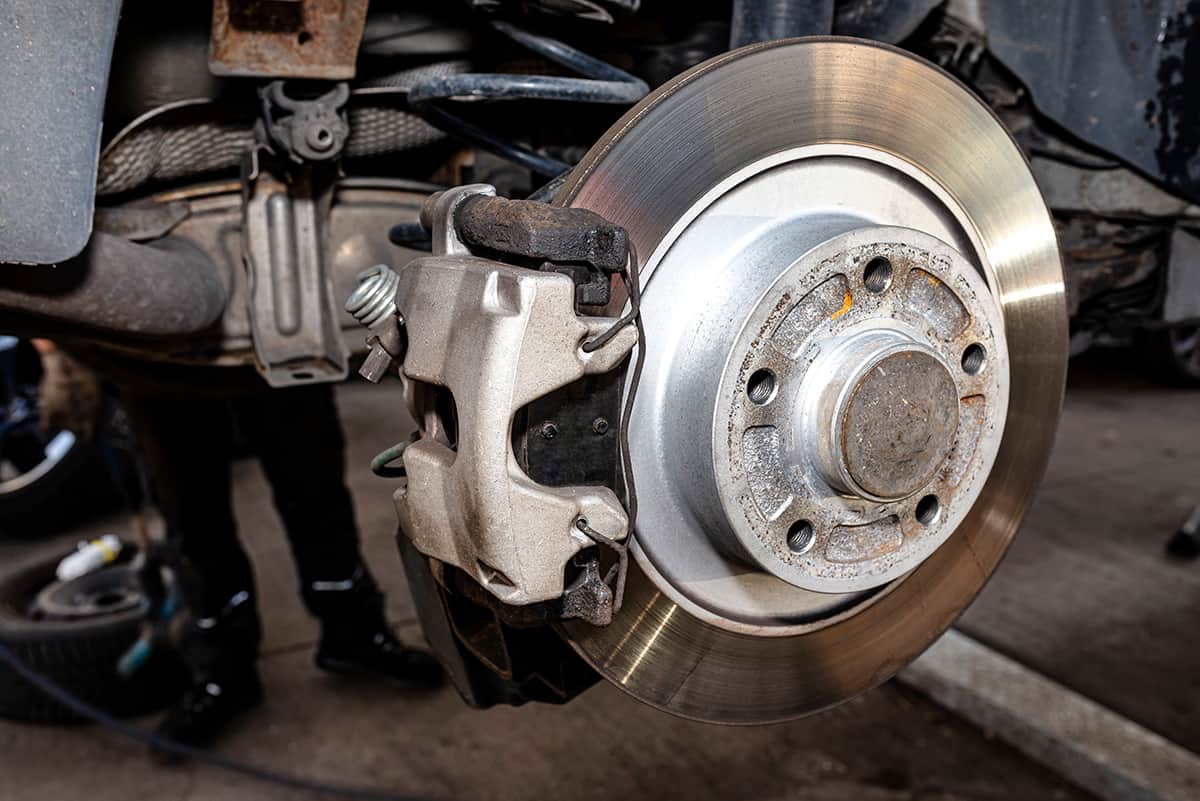
If you’re certain that your car’s braking system is low on pressure, it’s time to pinpoint the underlying cause and resolve it.
1. Air in the Brake Lines
Air bubbles in your brake lines can compress, unlike brake fluid, leading to a soft pedal. If you’ve recently changed your brake fluid or disconnected brake lines for any reason, air can enter the system.
Fix:
You’ll need to bleed your brakes. Connect a tube to each brake bleeder valve, open the valves one by one, and pump the brake pedal to force out the air bubbles. Afterward, ensure your brake fluid is at the proper level.
2. Worn Brake Pads
Brake pads wear down over time, causing a reduction in braking effectiveness and pressure. You’ll notice longer stopping distances and possibly even a grinding noise when applying brakes.
Fix:
The only fix for worn brake pads is to replace them. Most auto stores sell brake pads, and they’re relatively simple to install if you’re comfortable working on your car.
3. Leaky Brake Fluid
Fluid leaks can be a major cause of poor brake pressure. Brake fluid can leak from various points including brake lines, calipers, or the master cylinder.
Fix:
If you see brake fluid under your vehicle, you’ll need to locate the leak. Once located, tighten loose fittings or replace damaged components as needed. Always refill your brake fluid reservoir to the recommended level after fixing leaks.
4. Damaged Brake Lines or Hoses
Just like a damaged hose can’t carry water effectively, a damaged brake line can’t maintain proper pressure. Signs of damaged brake lines include visible wear, brake fluid leaks, and a soft pedal.
Fix:
Replacement is usually the only option here, and it’s best to get this done professionally to ensure the brake lines are correctly installed and pressure-tested.
5. Failing Master Cylinder
The master cylinder is like the heart of your brake system, pumping fluid when you press the brake pedal. A failing master cylinder may cause the brake pedal to sink to the floor or pressure to be uneven across different wheels.
Fix:
Repair often involves replacing the master cylinder, and it’s usually a job for experienced mechanics due to the complexity.
6. Caliper Issues
Calipers apply the force needed to squeeze your brake pads against the rotors, so a faulty caliper can cause poor brake pressure. Sticky or leaking calipers are often the culprits. You may hear squeaking or feel the car pull to one side when braking.
Fix:
Replacement or repair of calipers is the most straightforward solution.
7. Low-Quality Brake Fluid
Not all brake fluids are created equal. Low-quality or incorrect type of brake fluid can reduce brake pressure and performance. Always check your vehicle manual for the recommended type of brake fluid and ensure you’re using a trusted brand.
Fix:
Draining the existing fluid and refilling with the correct type usually solves this problem.
8. Brake Booster Failure
The brake booster amplifies the force you apply to the brake pedal. If it fails, you’ll need to apply much more pressure to the pedal, causing fatigue and reduced stopping power.
Fix:
If you experience this issue, replacing the brake booster is usually the recommended course of action.
9. Poorly Adjusted Brake Pedal
Sometimes, the brake pedal itself may be adjusted too low or too high, affecting brake pressure. This is more common in older vehicles with manual adjustments.
Fix:
You’ll need to adjust the pushrod that connects the brake pedal to the master cylinder. The process varies by car model, so consult your vehicle’s manual for guidance.
10. ABS Malfunction
Modern cars are equipped with an ABS that modulates brake pressure to prevent wheel lockup. A malfunctioning ABS can lead to brake pressure issues. In this case, you’ll typically see an ABS warning light on your dashboard.
Fix:
This is most likely only fixable by a trained mechanic with the proper diagnosing tools.
